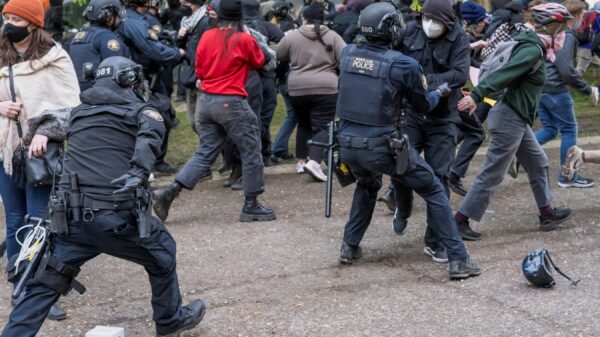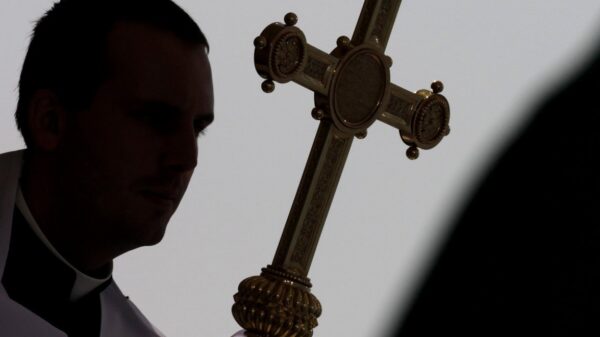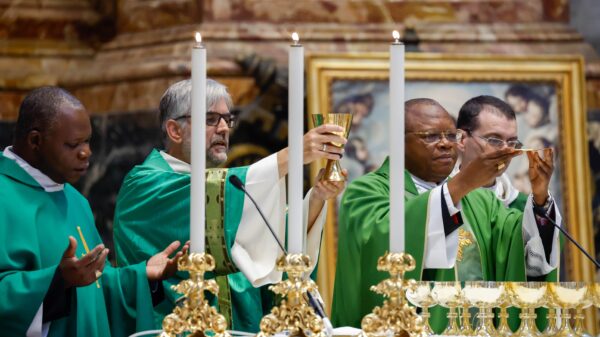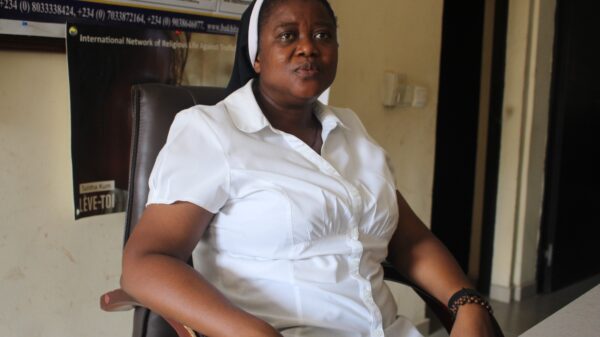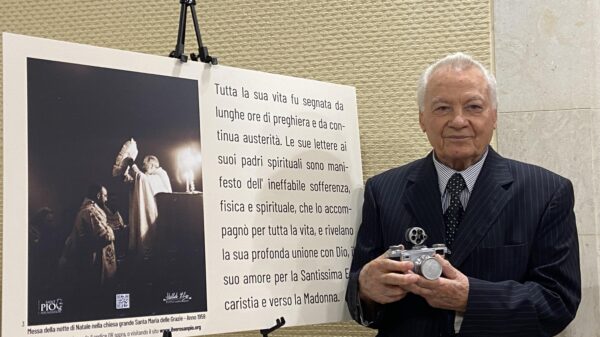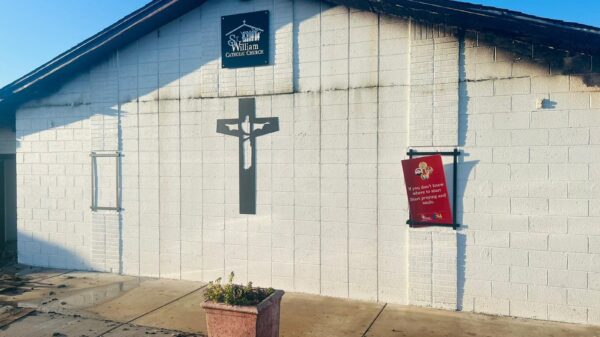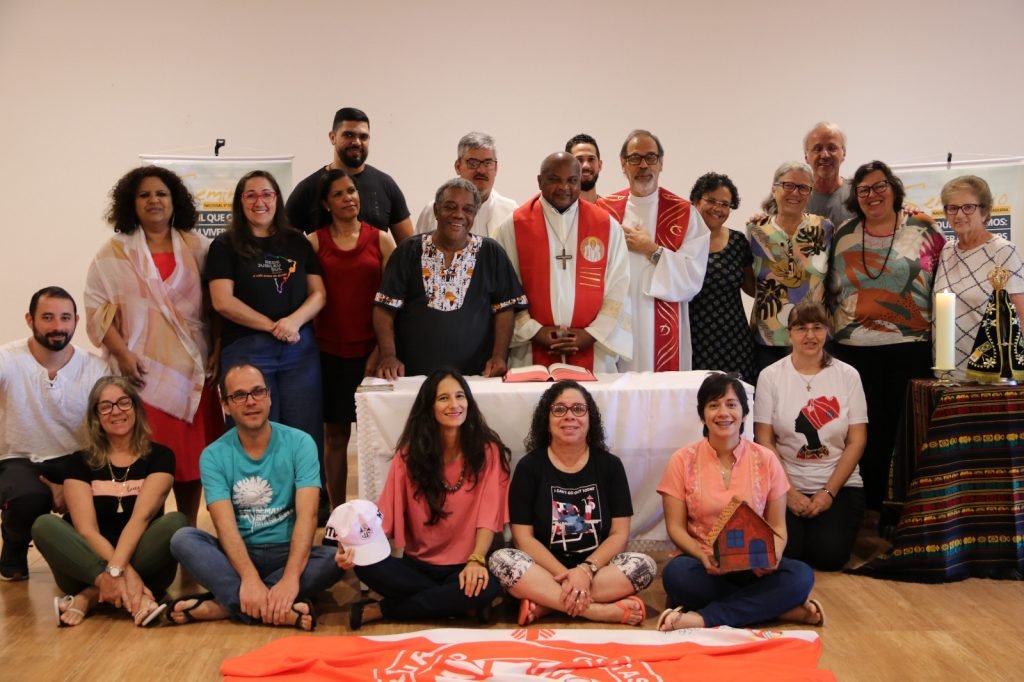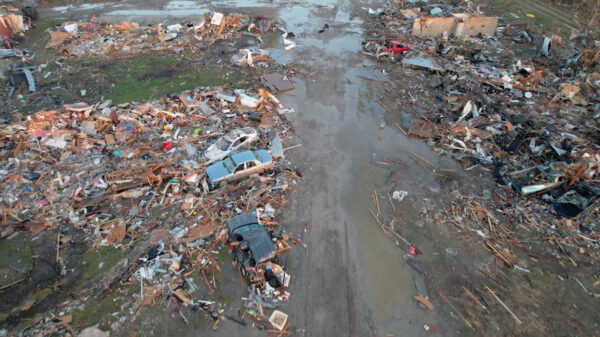SÃO PAULO (OSV News) — In Brazil, 12 million families — up to 60 million people — live in slums, known as “favelas” in Portuguese, and 55 million people do not have access to a sewage system.
Until now, the Catholic Church did not have a special national pastoral ministry outreach to this large population.
In September, members of favela ministries that exist in different cities met in Brasilia and officially created a nationwide Housing and Slums Pastoral Ministry, connected to the bishops’ conference and guided by a bishop especially designated for that task.
The initiative was a direct result of the Sixth Brazilian Social Week, a forum of social pastoral ministries that gather to promote actions to address Brazil’s most urgent problems. Launched in 2020, the theme of the sixth such week was Pope Francis’ three “T”s — “tierra,” “trabajo” and “techo” for “land,” “work” and “housing.”
“We realized that the church is largely absent from the slums and poor peripheries. The number of priests and missionaries in those areas is very limited,” said Alessandra Miranda, executive secretary of the Sixth Brazilian Social Week and one of the coordinators of the new pastoral ministry.
That is not a secondary issue for the Brazilian church. Most of the urban growth that happened in the country over the past few decades generated favelas. In 2010, for instance, there were 6,329 of them in 323 cities. Now, there are more than 13,000.
“The church in Brazil historically had a great concern with the countryside and land disputes. It failed to accompany the people in the growing urban slums. But that is a large part of its flock. The church has to be there,” said Father Luiz Antônio Pereira Lopes, who directs the Archdiocese of Rio de Janeiro’s Slums Pastoral Ministry, the oldest ministry of its kind, with 46 years of existence.
Father Lopes misses the time when priests and religious sisters worked in the poorest areas of Brazil and had strong ties with the neediest in society. But, he said, “we became a church more concerned with celebrations and not so much with charitable — or social — work.”
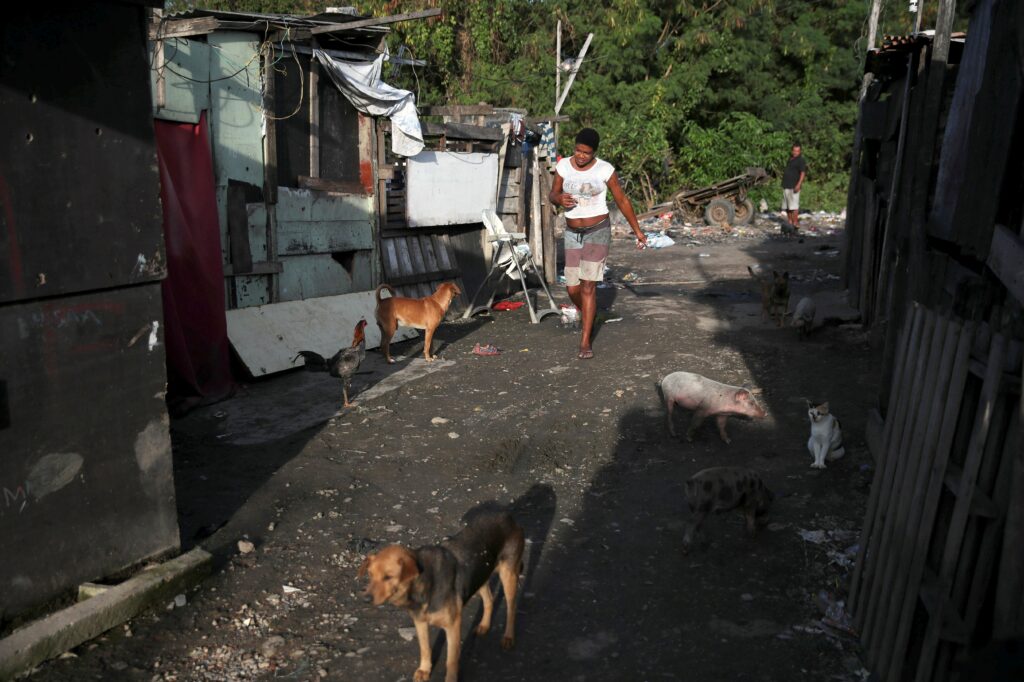
That process was connected, in his opinion, with the decline of the once-strong base ecclesial communities. Known as CEBs, these were groups of lay and religious people who studied the Bible and applied its lessons — and the church’s social doctrine — to their community problems.
“Those who were educated in the CEBs and developed religious, political and social consciousness ended up leaving church life and creating social movements,” Father Lopes explained.
But many of those people never abandoned their faith, he added. The idea now is to show them that the church has a place for them.
That is the case of lawyer Benedito Barbosa, a longtime activist for housing in São Paulo. He accompanied the whole process of estrangement of the Catholic social activists from the church in the 1980s and 1990s, “a time when more conservative movements emerged in the Brazilian church,” he told OSV News.
“But the bishops’ conference never ceased to support the pastoral ministries that worked with the poor. Now, the new Housing and Slums ministry will play a fundamental role in reinforcing the church presence in spaces where it was not working,” he said.
Barbosa said that this is only the beginning and that a massive number of pastoral agents would be necessary to really serve the numerous slums in Brazil. Capuchin Franciscan Father Marcelo Toyansk Guimarães, a member of the coordinating group of the new pastoral ministry, pointed out that the challenges are gigantic.
“There are favelas with 100,000 residents or even more that have only one church, while entire cities with 50,000 inhabitants may have at least five parishes. The church is not prepared to deal with that reality now,” he said.
At the same time, in those areas there was a boom of evangelical — mainly neo-Pentecostal — churches since the 1980s. In general, Father Guimarães said, “those churches tend to privilege individual issues and fail to address integral life in community.”
“We can affirm that the future of the church is in the slums and poor peripheries,” he said.
A September seminar gathered delegates from housing pastoral ministries that operate in 12 cities in all regions of Brazil. According to Lopes, the idea is to keep identifying and attracting groups from other parts of the nation.
Alessandra Miranda said that the new ministry will help to organize groups in every Brazilian state. Their idea also is to promote a church debate on housing issues. The Fraternity Campaign — a Lenten drive that focuses on a specific social problem every year and collects funds for the church’s charitable works — will probably be about housing and favelas in 2026.
Father Lopes hopes that the new ministry can work in a similar way as the Archdiocese of Buenos Aires’ curas villeros (slum priests) team, which since the 1960s has served the city’s poor communities.
“A person that does not have a house, does not find a job, because companies require the candidate’s address, does not go to school for a similar reason, does not eat well and does not have access to health care services, is a person’s biggest problem,” he said. “A person without a house does not have anything.”
Eduardo Campos Lima writes for OSV News from São Paulo.


